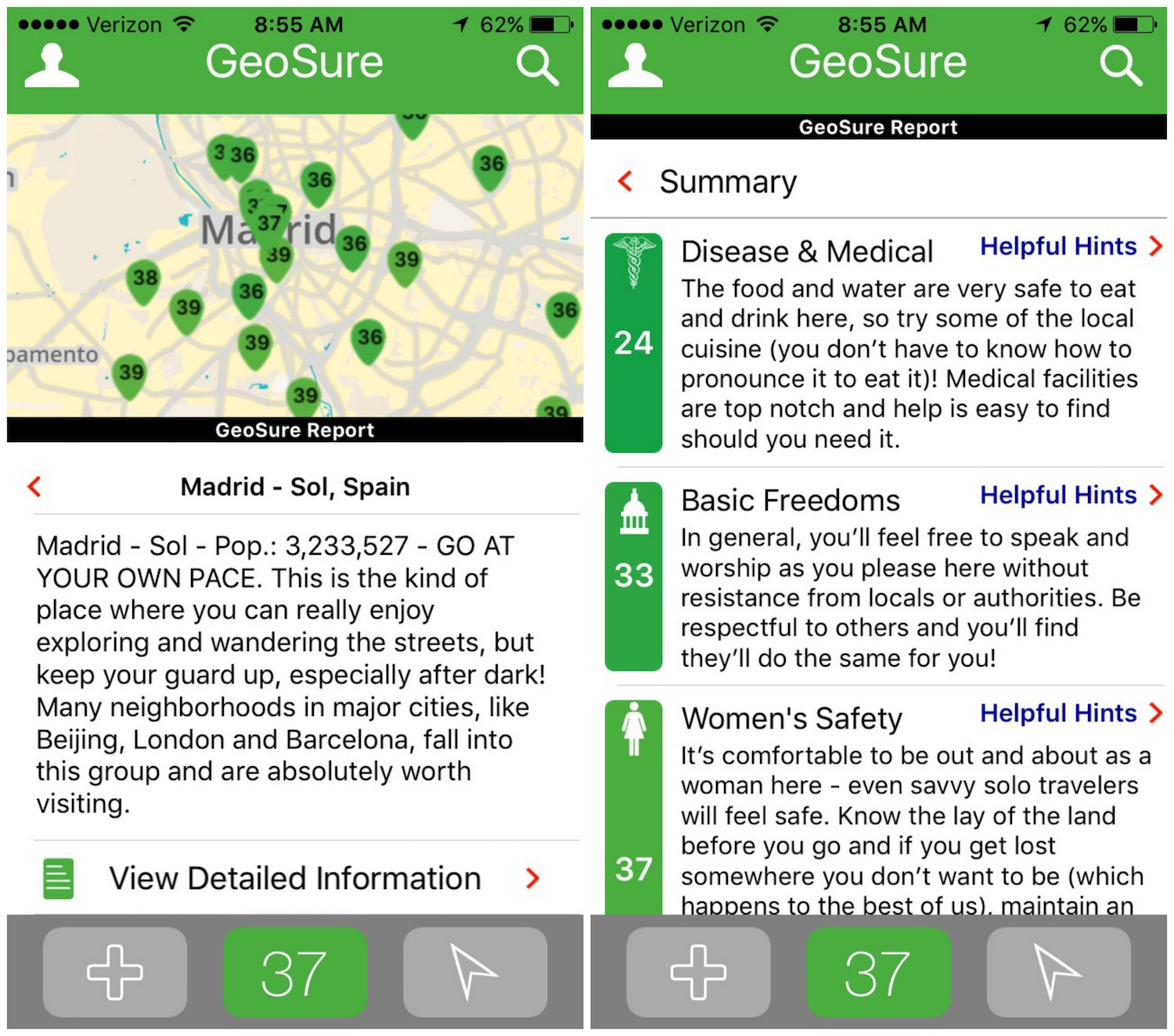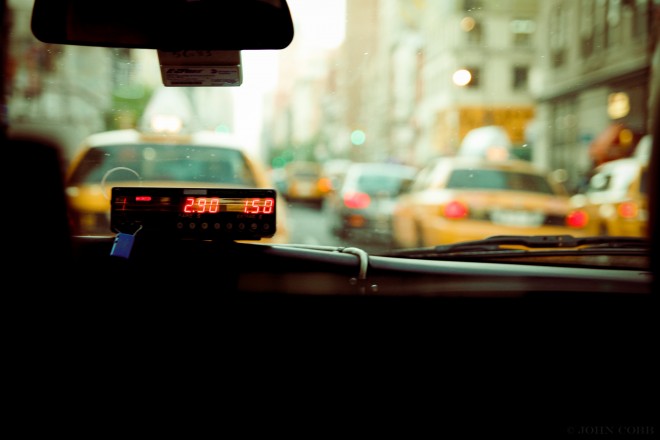In every new city I visit there is an instant wave of awe and wonder that washes over me. No matter how luxurious or run down it is, seeing something for the first time heightens my senses while I take in all the new stimuli.
But we all know that a place’s atmosphere and reputation can quickly change when the sun goes down. A city that comes alive during the day may be equally active at night, with bars clubs, live performances, and even ghost tours! On the flip side, some places aren’t so safe place to explore at night. Especially when traveling solo, safety, particularly at night, is important to consider; it’s part of what empowers us to boldly go!
How can you find out whether a destination is safe at night? Doing your research will be a big help, of course, but these few extra steps can make a huge difference in preparing you for what to expect after dark, wherever you’re headed.
Get to know the common scams of your destination.
While you may already be aware of well-known scams like pick-pocketing, taxis with broken meters, and bargains that are too good to be true, different places tend to have their own unique scams, and they are constantly changing as technology evolves.
These scams can happen day or night, and knowing what is common in your destination can help you clarify an unfamiliar situation and avoid it if you need to.

For example, in different parts of Europe, some taxi drivers will tell you that your hotel is closed for remodeling and make a recommendation for another place to stay that ends up being much more expensive.
In Italy it’s common for a woman to throw her (fake) baby at you. While you’re figuring out what happened, your pockets or bags are emptied.
To brush up on more scams around the world, check out this infographic by the Better Business Bureau®, and don’t hesitate to ask frequent travelers to your destination what scams they’ve experienced and how to avoid them.
Hone in on the details.
Take note of the environment around you. What cues can you pick up? If there are expensive-looking condos or houses in the area, your destination may be more likely to be safe at night.
What do you see other people doing, and how are they acting? If the streets clear out at dusk, it might be best to avoid wandering about alone at night.
If the streets come alive at night, you can be sure you’ll be surrounded by other people.
Getting used to noticing your surroundings is great practice no matter where in the world you are. One of my favorite ways to do this is to turn it into a game. Make up stories in your head about the people and places you see. What do you notice about them, and what might you imply from that observation? Not only does it help you remember more about your surroundings, but it can also be fun!
There’s an app for that!
Determine the safety level of your destination ahead of time with the GeoSure app. You can read comments about the area’s safety from others who have been there before. The app even has an entire category dedicated to women’s safety, providing information to let you know when it’s okay to be out walking at night or when you should take a cab to get where you’re going.

The U.S. Department of State has its own app called the Smart Traveler that provides travel alerts and warnings, frequently updated official country information, and U.S. embassy locations.
U.S. citizens can also enroll in the Smart Traveler Enrollment Program (STEP), which tells the U.S. Embassy where you are, so you can be contacted in case of an emergency. It will also send you important safety information about your destination.
Ask questions.
No one knows better than the locals. They can tell you whether or not it’s safe to walk alone at night and whether there are certain areas you should avoid.
When I volunteered in Zambia, I was very comfortable walking around town during the day, even by myself. But I was warned by one of the project coordinators who had been living there for a few years to never walk around at night — even with other people — and to always take a taxi home after dark.

It turns out that only 36% of locals in Zambia feel safe walking alone at night. While this doesn’t make Zambia an unsafe place to travel to, it just means you need to be more aware and may have to take extra precautions than you might be used to, particularly at night.
Before departing, ask someone who has been to your destination before. The Wanderful Members group on Facebook is a great community to reach out to with these sorts of questions.
After arriving, if you don’t already know someone who lives in the area, you can still get to know someone! If you go to the same cafe all the time and feel comfortable there, you could ask the barista, who likely knows the area well. Ask the staff of your hostel or hotel — or one nearby. Striking up that conversation may lead to other local tips and advice!
Trust your gut.
Above all, if you have a bad feeling about being out and about at night, don’t do it. Nighttime safety varies from city to city, and it’s constantly changing, so when all else fails, trust your gut.
You can’t know for sure what the night will hold. In all likelihood, it’s good times and amazing memories, but putting a little extra effort into making your trip as safe and as enjoyable as possible is sure to be worth it.
What steps do you take to find out whether a destination is safe in the day vs. night? Share them in the comments below!
Featured image by Unsplash user Lee Aik Soon.































